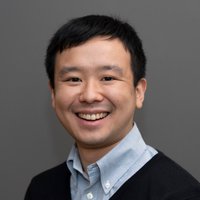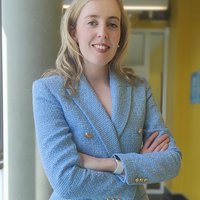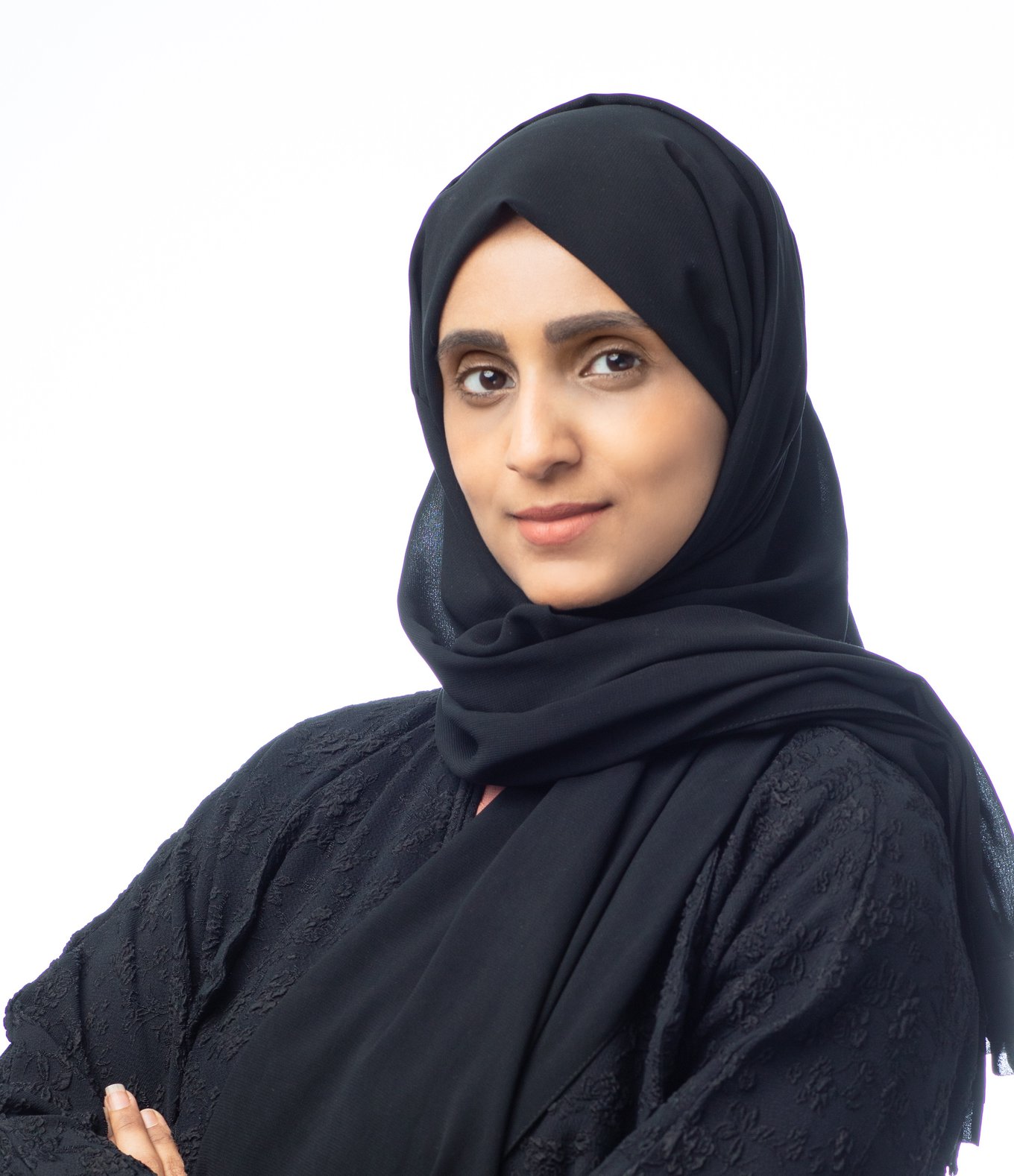Biotechnology & medicine
Asma Saeed Al-Amoodi
Enhance the use of hematopoietic stem cells (HSCs) for the treatment of hematological diseases.

Japan
Yosuke Tanigawa
Enhancing the predictive performance of genetic disease liability prediction using large-scale datasets.

Asia Pacific
Kevin ZHAO
He developed precise genome editing technologies for use in human therapeutics and agricultural breeding.

Korea
Jake Junkil Been
Finding 'the next generation neuro navigation system’ to solve brain diseases.

Europe
Camille O’Malley
CTO & co-founder of Xtremedy Medical
